Stakeholders have urged the Nigerian government to resist panic-driven or symbolic reactions to U.S. President Donald Trump’s recent designation of Nigeria as a “country of particular concern,” warning that hasty responses could expose the country to deeper geopolitical risks.
The caution emerged on Sunday during the Toyin Falola Interviews, a widely followed virtual policy forum that drew over 7.1 million viewers across 32 countries, including representatives of the African Union, ECOWAS, and officials from Ghana, Gambia, and Mali.
The session, themed “Trump and Nigeria,” was chaired by Professor Toyin Falola and featured a panel of respected analysts including Azu Ishiekwene, journalist and media strategist; Majeed Dahiru, security and religious violence expert; Olufunke Baruwa, gender and development specialist; Simbo Olorunfemi, political analyst; and Bulama Bukarti, counter-terrorism scholar.
Political commentator Simbo Olorunfemi warned that Trump’s designation could be part of a larger U.S. strategic push in West Africa, particularly following Washington’s recent tensions with Niger and its longstanding interest in expanding military influence on the continent.
“If we are not careful, we might be responding to an external trigger,” he said.
He linked Trump’s claims of “Christian genocide” in Nigeria to a possible U.S. attempt to create justification for deeper military engagement.
“The U.S. has been looking for a foothold in West Africa. AFRICOM is still on the table. When George Bush proposed it in 2007, Nigeria led other African states to reject it. The renewed pressure today may not be accidental.”
Olorunfemi stressed that Trump’s declaration should be seen in the context of a decades-long push by U.S. policymakers:
“As far back as 2000, the U.S. Commission on International Religious Freedom has advocated for Nigeria’s blacklisting. Biden reversed it in 2020. Trump is reviving it—but the motivations go beyond religion.”
Veteran journalist Azu Ishiekwene placed the current tension within the broader history of U.S.–Africa relations.
He noted that while Republican administrations have historically supported Africa—from Eisenhower’s backing of independence movements to George W. Bush’s massive HIV/AIDS interventions—Trump represents a departure from conventional diplomacy.
“This is not just Trump versus Nigeria; it’s Trump versus the world,” he said.
“It depends on which Trump shows up at your doorstep. His statement about intervening ‘guns blazing’ raises sovereignty issues.”
Ishiekwene questioned the credibility of the genocide claim: “One would expect a country like the U.S. to present verified evidence before making such a serious designation. Yet the data is not clear. So, is the genocide claim a decoy for broader strategic interests?”
He also drew parallels with U.S. actions in other conflict zones, noting the inconsistency in Washington’s humanitarian rhetoric.
Development expert Olufunke Baruwa highlighted the gendered and humanitarian implications of Trump’s statement, warning that the designation—whether justified or not—could reshape Nigeria’s global reputation and foreign partnerships.
“When superpowers sneeze, countries like ours catch a cold,” she said.
“Even if inquiries do not establish genocide, the reality on the ground shows targeted violence, displacement, and dispossession of Christian communities.”
Baruwa argued for evidence-based engagement with international partners: “Two truths can exist simultaneously. You can reject external manipulation while also acknowledging internal failures. Documenting abuses and protecting vulnerable groups should be our priority.”
She warned that the “country of particular concern” label could affect Nigeria’s access to military support, arms sales, foreign investment, and international credibility.
Panelists urge strategic rather than emotional diplomacy
Although panelists differed on Trump’s motives—ranging from geopolitical positioning to domestic politics—they agreed on one point: Nigeria must not allow itself to be stampeded into reactionary diplomacy.
“It is important that Nigeria isolates the real issues and responds with strategy, not emotion,” Olorunfemi said.
The discussion underscored the complexity of U.S.–Nigeria relations at a time when global powers are recalibrating their interests in Africa. Stakeholders concluded that Nigeria must strengthen its evidence-based engagement with allies while safeguarding national sovereignty.
Do you want to share a story with us? Do you want to advertise with us? Do you need publicity for a product, service, or event? Contact us on WhatsApp +2348183319097 Email: platformtimes@gmail.com
We are committed to impactful investigative journalism for human interest and social justice. Your donation will help us tell more stories. Kindly donate any amount HERE



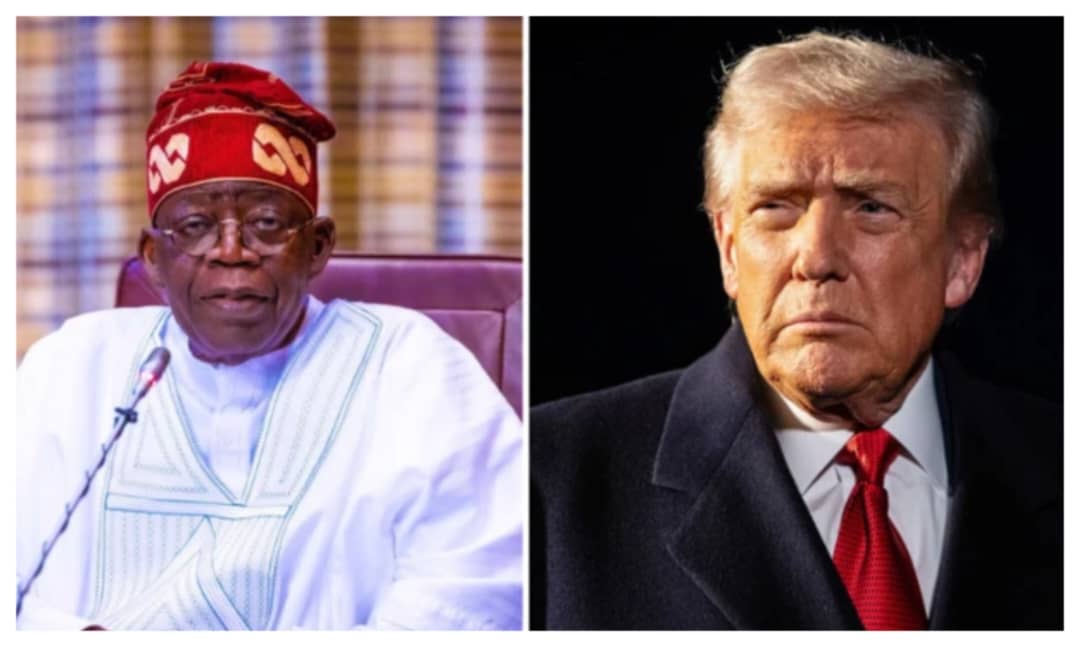




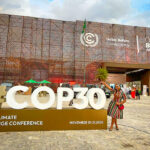
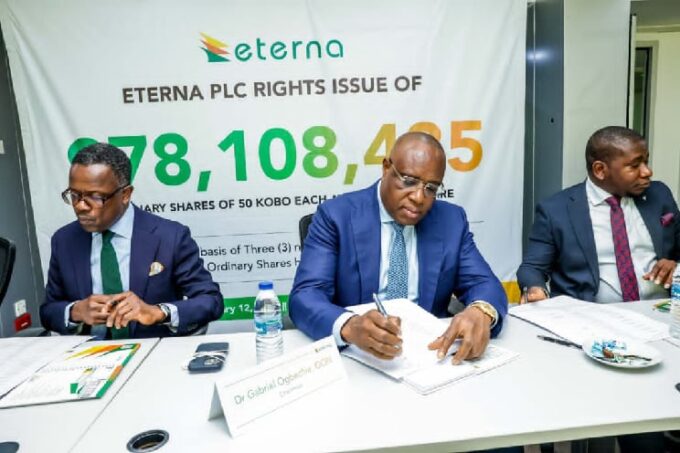

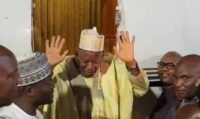
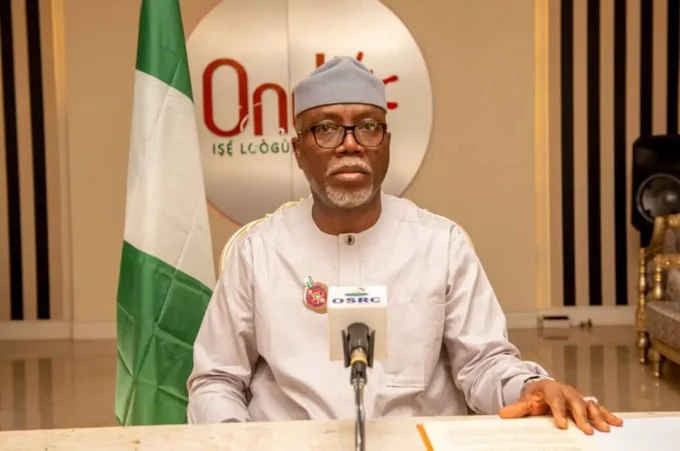
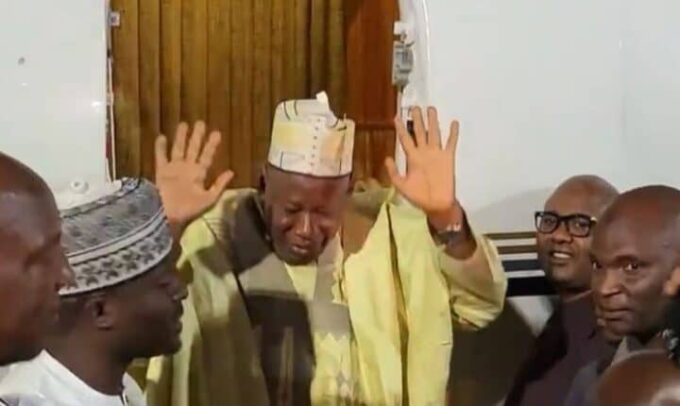
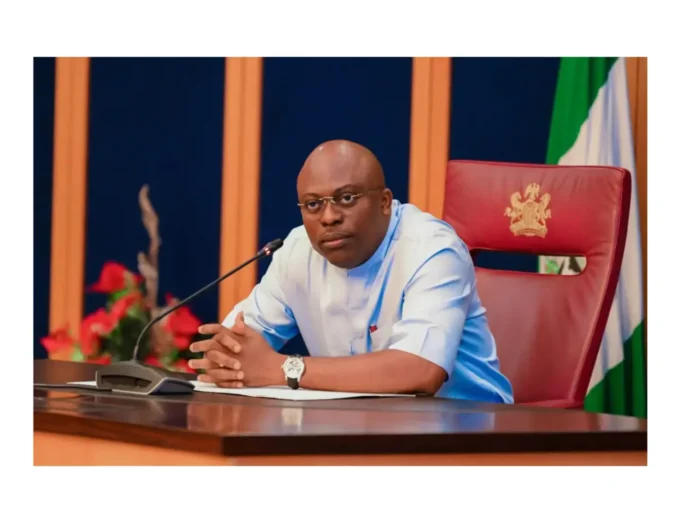
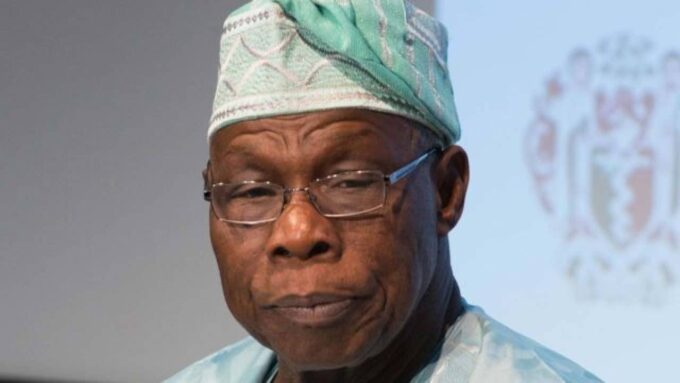





Leave a comment